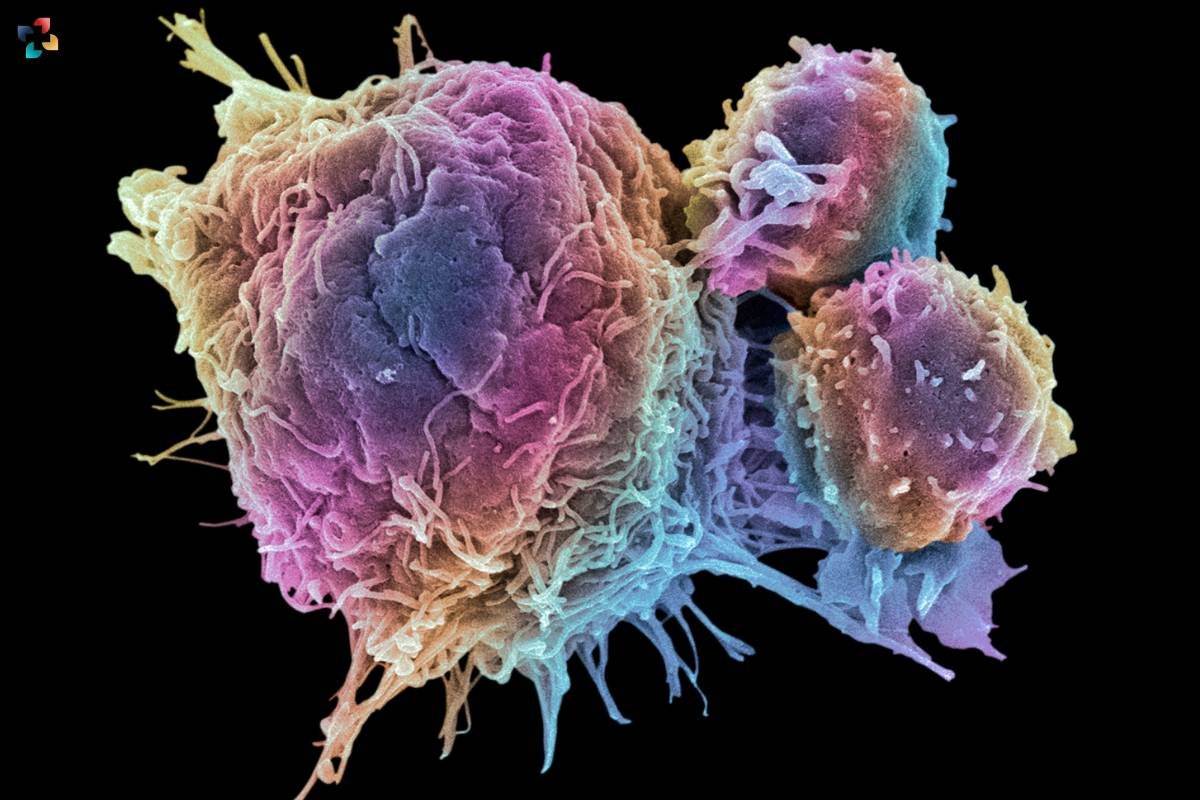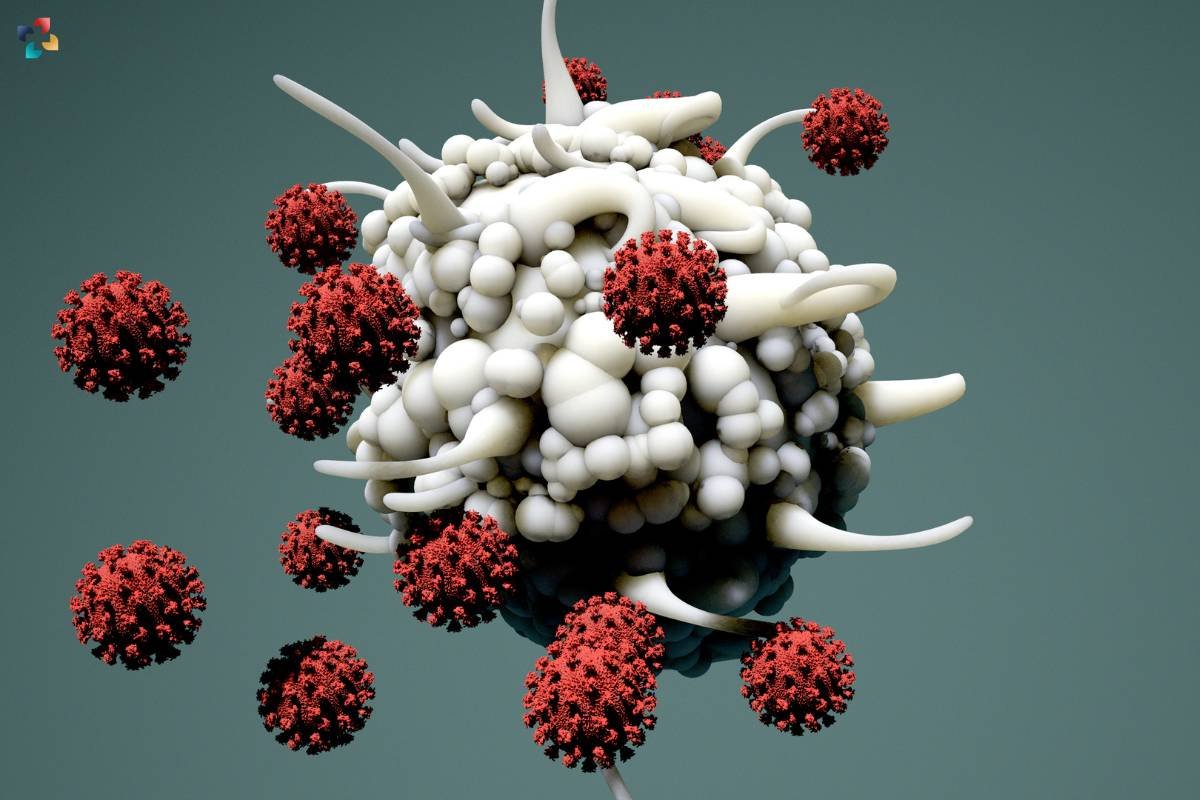In the ever-evolving landscape of medical science, immunotherapy has emerged as a transformative approach, heralding a new era in the treatment of various diseases. This comprehensive exploration delves into the intricacies of immunotherapy, shedding light on its foundations, mechanisms, applications, and the revolutionary impact it has on the landscape of medical interventions.
I. Foundations of Immunotherapy:
It represents a revolutionary departure from conventional medical approaches by capitalizing on the intricate and sophisticated defense mechanisms embedded within the human immune system. At its foundational core, this therapeutic strategy revolves around the profound understanding that the immune system is a dynamic and finely tuned orchestra of cellular players, working harmoniously to safeguard the body from external invaders and internal anomalies.
The immune system comprises an astonishing array of cells, including white blood cells such as T cells, B cells, macrophages, and dendritic cells. These cells orchestrate a complex interplay, patrolling the body, identifying foreign substances, and executing precise responses to neutralize or eliminate potential threats. Immunotherapy’s roots delve deep into unraveling the mysteries of how these immune cells communicate, recognize, and mount targeted attacks against specific pathogens or abnormal cells.
Moreover, the immune system exhibits a remarkable memory, capable of retaining information about encountered threats. This memory forms the basis for the development of vaccines, another facet of immunotherapy. By leveraging the immune system’s memory, vaccines provide a proactive defense, priming the body to recognize and swiftly respond to specific pathogens, preventing or mitigating infections.
The foundation of immunotherapy lies not only in understanding the immune system’s inherent capabilities but also in manipulating these responses for therapeutic purposes. Researchers delve into the complexities of immune signaling, checkpoints, and communication pathways to enhance the immune system’s proficiency in recognizing and eliminating threats, particularly in the context of diseases like cancer and autoimmune disorders.
In essence, its foundations are grounded in the profound appreciation of the immune system’s natural prowess, offering a paradigm shift in healthcare towards interventions that work with the body’s intrinsic defenses. As the understanding of immunology advances, so too does the potential for more targeted and effective immunotherapeutic strategies, promising new avenues for treating a myriad of diseases and unlocking the full potential of the human immune system.
II. Mechanisms of Immunotherapy:

Checkpoint Inhibitors
One of the key mechanisms of immunotherapy involves the use of checkpoint inhibitors. These drugs block certain proteins on immune cells, known as checkpoints, preventing them from inhibiting the immune response. By unleashing the full potential of immune cells, checkpoint inhibitors enhance the body’s ability to recognize and attack cancer cells.
CAR-T Cell Therapy
CAR-T cell therapy represents a revolutionary approach in which a patient’s T cells are genetically engineered to express chimeric antigen receptors (CARs). These receptors enable T cells to specifically target cancer cells, offering a personalized and potent treatment for certain types of cancers.
III. Applications of Immunotherapy:
Cancer Immunotherapy
Immunotherapy has revolutionized the field of oncology, offering novel treatment options for various cancers. Checkpoint inhibitors, CAR-T cell therapy, and cancer vaccines are among the immunotherapeutic approaches that have shown remarkable success in treating malignancies, providing hope for patients with previously limited treatment options.
Infectious Disease Immunotherapy
Immunotherapy is also being explored as a potential tool in the fight against infectious diseases. Efforts are underway to develop vaccines that stimulate the immune system’s response to infections, providing a proactive approach to preventing diseases such as HIV, malaria, and tuberculosis.
Also Read: Unlocking Hope: A Comprehensive Exploration of Cancer Gene Therapy
IV. Challenges and Advancements in Immunotherapy:

Challenges
Despite its success, immunotherapy faces challenges such as treatment-related toxicities, resistance mechanisms, and the need for a deeper understanding of the immune system’s complexities. Additionally, the high cost of some immunotherapies poses economic challenges to widespread accessibility.
Advancements
Ongoing research and technological advancements continue to propel immunotherapy forward. Innovations include the identification of new checkpoint targets, the development of combination therapies, and the exploration of biomarkers to predict treatment responses. These advancements contribute to refining existing immunotherapies and expanding their applications.
V. Future Prospects and Emerging Frontiers:
Personalized Medicine
The future of immunotherapy lies in the realm of personalized medicine. Advancements in genomics and biomarker discovery enable the tailoring of immunotherapies to individual patients, maximizing efficacy while minimizing potential side effects.
Expanding Indications
Immunotherapy is not limited to cancer treatment. Ongoing research explores its potential applications in autoimmune diseases, allergies, and neurodegenerative disorders. The adaptability of immunotherapy promises a broad spectrum of interventions across diverse medical fields.
VI. Ethical Considerations and Public Awareness:

The ethical considerations surrounding immunotherapy encompass issues such as informed consent, equitable access, and the responsible use of emerging technologies. Public awareness campaigns play a crucial role in educating communities about the potential benefits and risks of immunotherapy, fostering informed decision-making, and reducing stigmas associated with these innovative treatments.
Beyond the scientific and clinical realms, the ethical landscape of immunotherapy extends to considerations of socio-economic disparities in healthcare access. Ensuring equitable distribution and affordability of these advanced treatments becomes paramount to prevent exacerbating existing healthcare inequalities. Ethical guidelines also navigate the responsible integration of emerging technologies, like gene editing in cellular therapies, addressing concerns related to unintended consequences and long-term impacts.
Public awareness, a linchpin of ethical healthcare practices, is instrumental in demystifying immunotherapy. Community education initiatives empower individuals to make informed decisions about their health, fostering a proactive approach to treatment choices. Additionally, these campaigns contribute to destigmatizing novel therapies and fostering a supportive societal environment that encourages individuals to explore and embrace innovative medical interventions without fear or prejudice.
Conclusion
Immunotherapy stands at the forefront of medical breakthroughs, offering a paradigm shift in the way we approach diseases. From its foundational principles to the intricacies of checkpoint inhibitors and CAR-T cell therapy, it has reshaped the landscape of medical interventions. As research progresses, addressing challenges and embracing advancements, the future holds immense promise for personalized and effective immunotherapies that will continue to transform the lives of patients worldwide.







